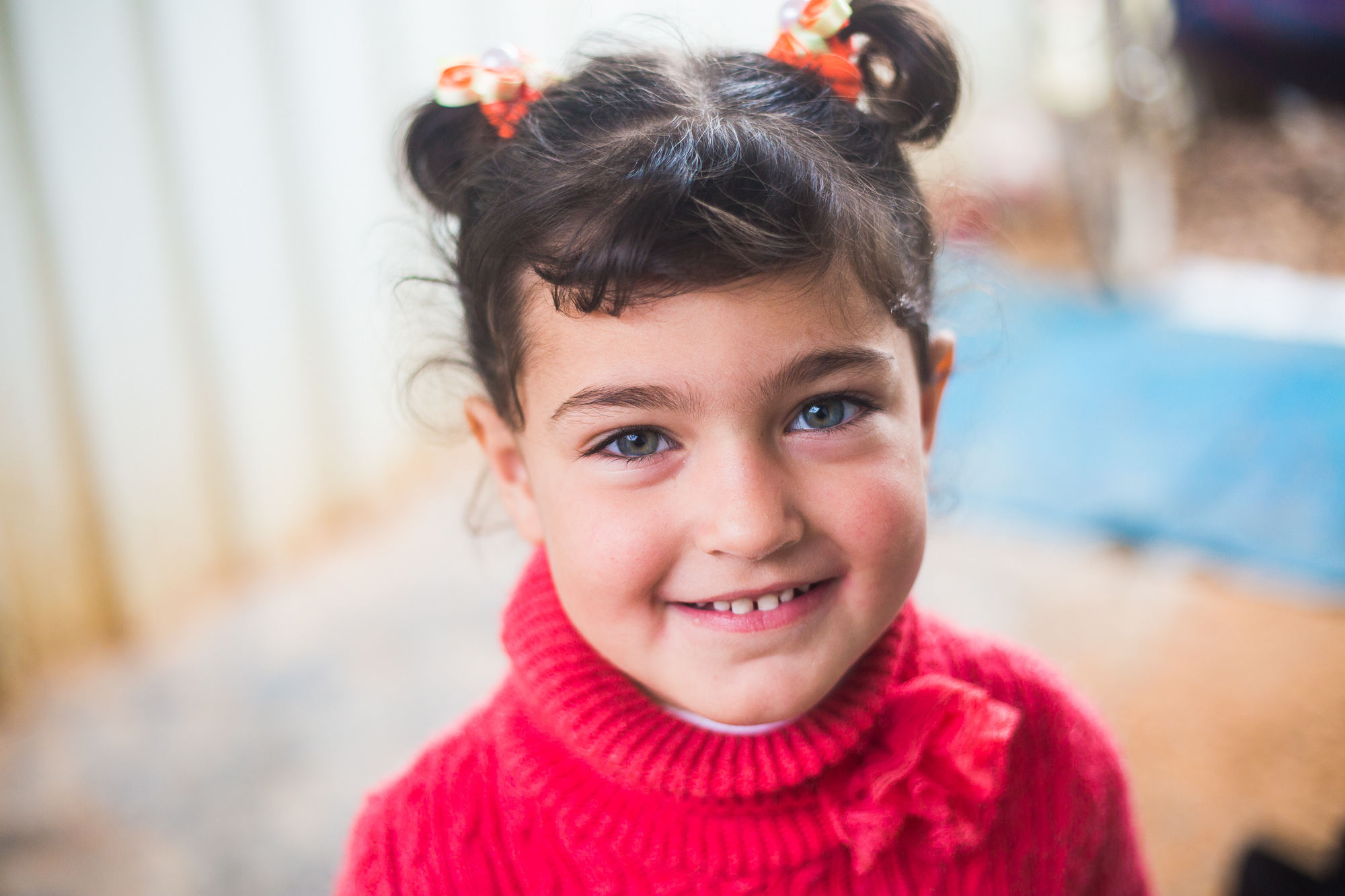DOWNLOAD PDF
THE ISSUE
Ensuring public health and protecting refugees are not mutually exclusive. Millions of people, forced to flee their country or internally displaced, face the same challenges they did before COVID-19 and will be disproportionality impacted by its effects. Refugees have sought to escape persecution, violence, and torture, and live with restrictions on their rights to health, education, freedom of movement, and the right to seek asylum. They have also lived with the effects of rising economic and political instability.
As a result of COVID-19, states are further undermining fundamental human rights protections enshrined in domestic and international law. While 167 countries have closed their borders in the preceding months, at least 57 states including the U.S. have made no exception for asylum-seekers. All states must ensure refugees and vulnerable populations receive protection: human rights must be at the center of response and recovery.
Eroding International Obligations
While states implement measures such as health screening or quarantining of people under specific conditions, they must not bar anyone from seeking asylum or return anyone to a place they could face danger. The principle of not returning anyone to a territory where they would be at risk of persecution or serious human rights violations is the cornerstone of international refugee protection and is fundamental to the absolute prohibition of torture and cruel, inhuman or degrading treatment or punishment. The COVID-19 pandemic cannot be used to justify further erosion of states’ international obligations to protect people fleeing for safety, or as an excuse to discriminate against them.
Increased Risk and Disproportionate Impact
As COVID-19 continues to spread, older people, people with chronic diseases, children, pregnant women, new mothers, and people with disabilities are particularly at risk, especially when in dangerously overcrowded conditions. While some refugees live in overcrowded camps, the majority of refugees and displaced populations live in urban settings with multiple generations sharing the same living space.
Refugees often have limited access to water, sanitation, and health facilities, all critical to fighting the spread of the disease. Many of the world’s most urgent humanitarian situations are underfunded, meaning refugees often barely have the most fundamental needs of adequate shelter, food, and water met. Further, they are often cut off from adequate health facilities and treatments, including respirators, in host countries, thus left with little means of protecting themselves or seeking treatment.
Women, girls, and children will all likely experience distinct challenges and risks as a result of this pandemic. Confinement, loss of income, and isolation can lead to increased risks of sexual exploitation and violence. Like past infectious disease outbreaks, women and girls may face increased household responsibilities, such as having to care for sick family members and handle increased childcare needs. Children may have the most limited access to essential care including difficulty accessing treatment and testing, and their education, already limited, could be permanently affected.
The closure of borders, asylum mechanisms, along with the suspension of refugee resettlement globally has decreased access to durable protection opportunities. Adding to further concern is the fact that temporary measures to respond to the virus could become the new normal.
RECOMMENDATIONS
International solidarity is needed in the best of times. Now, it is an absolute must. All states must not allow restrictions on exercise of rights to become the new normal. The U.S. Government should:
- Increase financial support to international organizations working on the front lines to address refugees’ needs, including ensuring that refugee camps and host countries have medical personnel and supplies, along with clean running water.
- Work with the international community to ensure that all displaced persons have access to timely and accurate information along with access to healthcare in the host state’s public health systems, without discrimination, and access to testing, treatment and preventive measures for COVID-19.
- Restore access to asylum and appeal other countries to not restrict the rights of refugees. Governments should address public health concerns involving asylum-seekers and displaced populations through alternative measures including using innovative, rights-respecting solutions.
- Resume refugee admissions as soon as safely possible and ensure that refugees waiting to travel can do so as expeditiously as possible once safe to do so.
ADDITIONAL RESOURCES
- “Solidarity on trial in fortress Europe” (March 2020), about how civil society organizations and human rights defenders helping refugees and migrants have been subjected to criminal proceedings, restrictions, intimidation, and harassment across Europe (available here)
- “COVID-19 response puts older Rohingya refugees in danger” (April 2020), about how older Rohingya refugees in Bangladesh are being left behind in the humanitarian response to COVID-19 (available here)
- “Governments must halt dangerous detention of migrants and asylum-seekers” (April 2020), about how authorities across the Americas are detaining migrants and asylum seekers in a dangerous and discriminatory manner (available here)
FOR MORE INFORMATION, PLEASE CONTACT:
Ryan Mace
Senior Policy Advisor, Refugees
(202) 509 -8185
